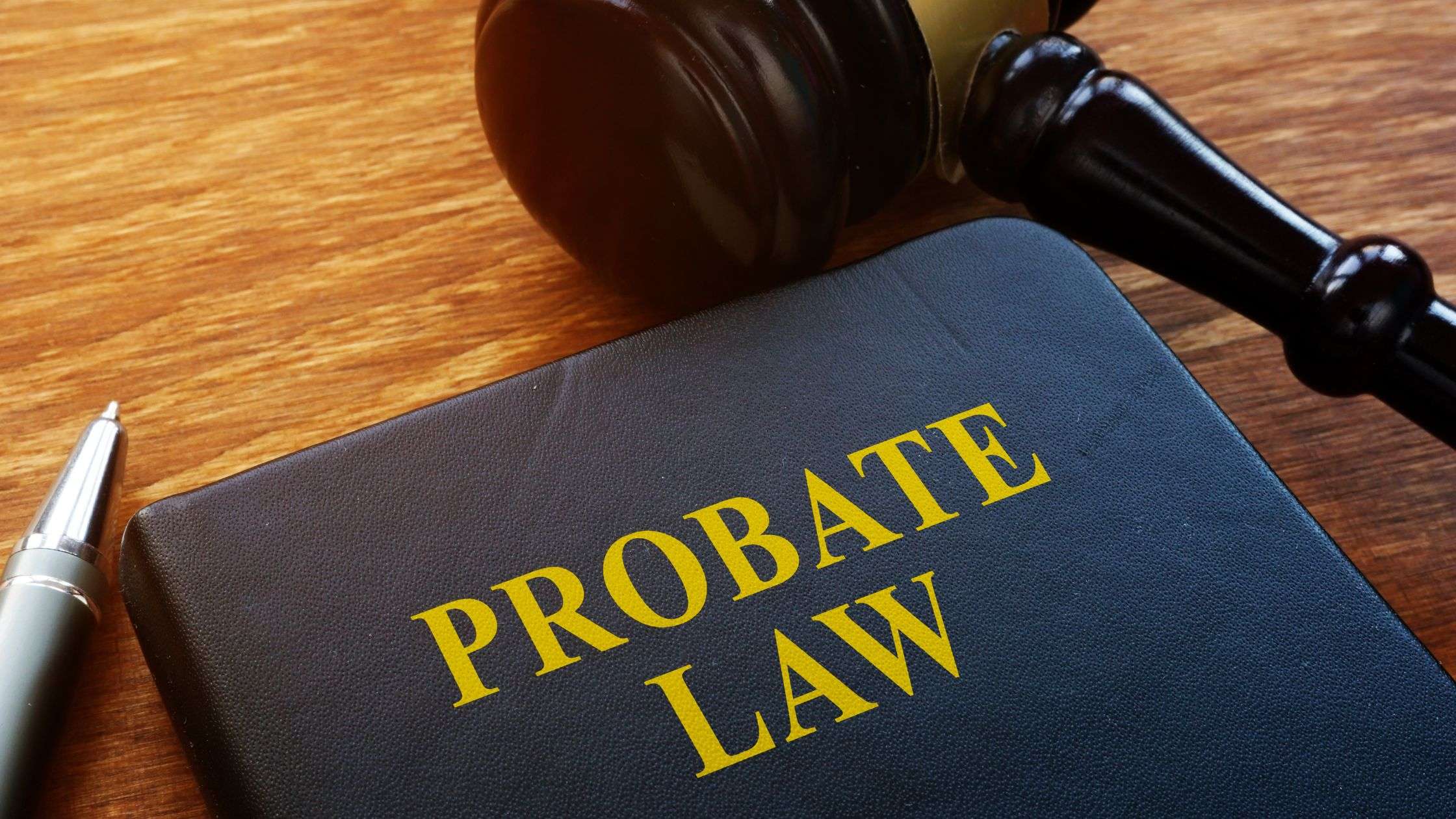
How to Avoid Probate: Estate Planning Tips for Seniors
Probate can be one of the most stressful and time-consuming parts of settling an estate. Fortunately, with a little planning, many seniors can take simple steps to help their families skip the process entirely. From naming beneficiaries to setting up trusts, the right approach can keep your estate out of court and your wishes intact.
Quick Answer:
To avoid probate, seniors can create a revocable living trust, use beneficiary designations, set up transfer-on-death accounts, and title property with joint ownership rights. These tools allow assets to pass directly to loved ones without court involvement.
What Is Probate—and Why Avoid It?
Probate is the legal process of validating a will, paying debts, and distributing assets after someone dies. If there’s no will, the court follows state intestacy laws to decide who inherits what.
While probate ensures legal oversight, it has downsides:
- It’s slow: Probate can take several months or even years.
- It’s expensive: Attorney fees, court costs, and executor commissions add up.
- It’s public: Probate records are public documents, meaning anyone can see what your estate included and who inherited it.
By avoiding probate, families can settle affairs faster, privately, and with less cost.
Top Ways to Avoid Probate
1. Set Up a Revocable Living Trust
A revocable living trust is one of the most effective tools for avoiding probate. You place your assets into the trust while you’re alive and name a successor trustee to manage them after your death.
- You maintain control of your assets while living.
- Upon death, the trustee distributes assets without court approval.
- Ideal for real estate, bank accounts, and investments.
It’s especially useful for seniors with property in multiple states, as it avoids multiple probate proceedings.
2. Use Transfer-on-Death (TOD) and Payable-on-Death (POD) Designations
Many financial institutions allow you to name a beneficiary who will receive the account automatically upon your death.
- TOD (Transfer-on-Death): For brokerage accounts, and in some states, real estate or vehicles.
- POD (Payable-on-Death): For bank accounts and certificates of deposit.
These designations bypass probate entirely and are easy to set up—usually just a form from your bank or broker.
3. Title Assets with Joint Ownership and Right of Survivorship
If you own property or a bank account jointly with someone else, and it includes the right of survivorship, it passes directly to the surviving owner when you die.
- Common with spouses
- Works for real estate, vehicles, and financial accounts
- Must be titled correctly to be legally effective
Note: Joint ownership should be intentional. Adding someone to a title could trigger gift taxes or expose the asset to their creditors.
4. Name Beneficiaries on Retirement and Insurance Accounts
Retirement accounts like 401(k)s, IRAs, and life insurance policies do not go through probate if a beneficiary is named.
- Review and update your beneficiary forms regularly
- Avoid naming “my estate” as the beneficiary—it forces probate
- Consider backup (contingent) beneficiaries in case your primary heir predeceases you
5. Give Gifts During Your Lifetime
By gifting assets while you’re alive, you reduce the size of your estate and avoid probate on those items entirely.
- You can give up to $18,000 (as of 2024) per recipient per year without triggering gift taxes
- No probate is needed for assets you no longer own at the time of death
- Great for transferring cash, heirlooms, or vehicles in advance
Just be sure gifting doesn’t jeopardize Medicaid eligibility or tax planning strategies.
Common Mistakes That Can Still Trigger Probate
Even with good intentions, some planning errors can send your estate into probate anyway. Watch out for:
- Outdated beneficiary forms
- Not funding your living trust (assets must be retitled into the trust)
- Titling errors on joint accounts
- Leaving real estate out of planning documents
- Assuming a will avoids probate—it doesn’t
A will guides probate—it doesn’t bypass it.
When Probate May Still Be Necessary
Probate might still be required if:
- You don’t have a trust or beneficiary designation in place
- Assets are titled solely in your name
- There’s a dispute among heirs
- You own real estate in a state with strict probate laws
- Debts need to be resolved by the estate
Having a solid plan can greatly reduce how much (if any) of your estate goes through court.
How to Start Avoiding Probate
- Make a full list of your assets (homes, accounts, vehicles, insurance, retirement funds)
- Review ownership and beneficiary designations
- Meet with an estate planning attorney for customized advice
- Set up a living trust for major assets, if appropriate
- Revisit your plan every few years, especially after major life events (births, deaths, moves, marriages)
FAQ
What’s the easiest way to avoid probate?
Naming beneficiaries on accounts or setting up transfer-on-death designations is the simplest way to bypass probate.
Does a will avoid probate?
No. A will goes through probate. Only assets passed outside of a will—through trusts or direct designations—bypass the court.
Do all estates go through probate?
No. Small estates or those fully transferred through trusts and beneficiary designations can avoid probate entirely.
Should I get a living trust to avoid probate?
Yes, especially if you own property, have a large estate, or want more control over how assets are distributed.
Final Thoughts
Avoiding probate doesn’t have to be complex or expensive. With some upfront planning, you can ensure that your assets go exactly where you want them—quickly, privately, and without court interference. Whether you start with a simple TOD form or a full living trust, these estate planning tips can make all the difference for your family.
Need Help Getting Started?
Explore our guide to free and low-cost legal help for seniors, including estate planning assistance, trusts, wills, and more.
👉 Read the guide
